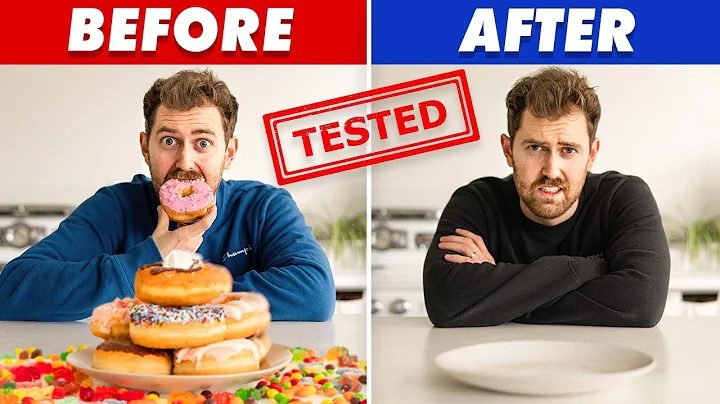
If you want to give up snacks, organize your kitchen first! A study by Cornell University found that if the kitchen is dirty and messy, you will consume twice as many snack calories.
Research points out that there is a subtle relationship between snacking and the kitchen environment. Living in a messy environment makes it difficult to stabilize your mood, and you will eat more snacks without realizing it.
The Cornell Food and Brand Lab in the United States divided 98 female subjects into two groups. One group had experienced the feeling of life being out of control, and the other group could properly manage life and emotions.
Members are divided into two kitchens. One is as neat as a sample house, and the other is full of used pots and pans. There are food residues, newspapers and books on the sink, and the phone rings from time to time. Both kitchens stocked three types of snacks: sweet crackers, salty crackers, and carrot sticks.
It was found that the same group members who had experienced the feeling of losing control of their lives, in just 10 minutes, those who stayed in the messy kitchen consumed more than twice as many snack calories as those who stayed in the tidy kitchen; and All I ate were sweet cookies with higher calories.

Research has found that people who are not good at controlling their lives are more likely to eat too many high-calorie snacks in a messy kitchen environment
A messy kitchen increases the sense of personal loss of control
Lenny Vartanian, the first author of the study explained, "Messy The environment and the sense of loss of not being able to make decisions make it easy for eating to get out of control.” He analyzed that the same situation also applies to men.
To reduce the appetite for snacks, kitchen environment management is only one part of it. Brian Wansink, director of the Cornell Food Laboratory and co-author of the study, said that what is important is "control over yourself and your life."
In terms of the concept of a balanced diet, eating between meals Snacks can replenish nutrients not eaten during meals and avoid overeating during meals. Nutritionist Jessica Cording said that the most taboo thing about eating snacks is "eating when you want" because you can't taste the food properly, and your stomach will naturally not feel full, making it easy to lose control and overeat.

Eating snacks is not a sin, but it must be eaten consciously to avoid health risks
Snacks can also be eaten elegantly and with quality
To avoid excessive intake of snacks, you can master the following principles:
● Eat well and eat full meals. Once the amount of carbohydrates and fat in food is insufficient to meet the body's needs, the desire to snack will become stronger. Curtin suggests that depending on your physical condition, you can adjust to small meals with frequent meals. In addition to appeasing hunger, it can also stabilize blood sugar and avoid eating too much or too fast during meals.
●Think before you eat snacks. Including content, portion size, and timing of eating. Curtin said that when purchasing, limit the amount to one person and avoid buying large family-sized packages. Out of sight, out of mind, snacks are not readily available, and naturally there is no chance to eat them.
Eat snacks as much as you would a meal, and watch less mobile phones, computers or TV so that you don’t eat endlessly.
●Replace snacks with fruits, nuts, dried fruits, etc. These snacks, like cookies and cakes, can also satisfy the body's craving for sweets, but can provide more nutrients.
●Drink enough water. Drinking water is good for metabolism and can also help us determine whether we are really hungry. Nutritionist Alissa Rumsey recommends that when you have the desire to eat snacks, drink a glass of water first and wait for 15 minutes. The craving may disappear.
●Do something else to distract yourself from snacking. Sometimes doing nothing can be confused with hunger, so try getting up, stretching, walking, or organizing your desk or other space.
●It’s okay to eat high-calorie snacks occasionally. Tasting delicious food is one of the great joys in life, even snacks. There is no need to blame yourself if you eat chocolate or salty crispy chicken . Eating consciously is also a sign of self-control. There’s nothing wrong with treating yourself.





















